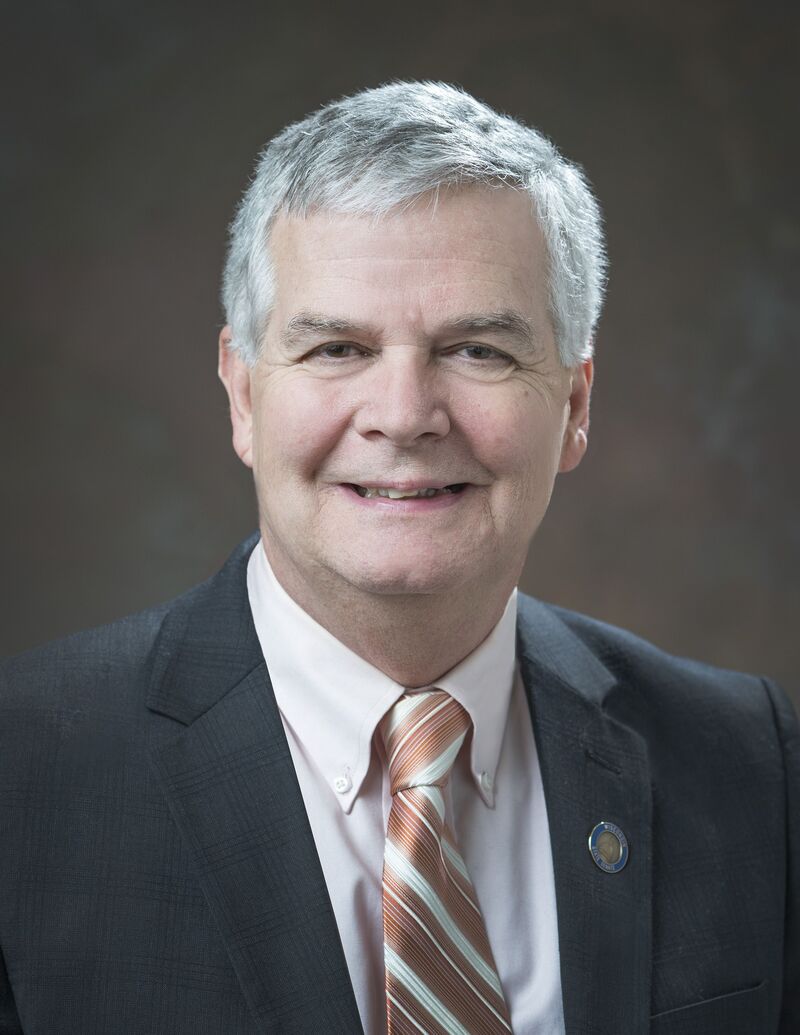History always fascinates me. I grew up on the north side of Eau Claire and was surrounded by history. This year, the City of Eau Claire is celebrating its 150th birthday, which got me thinking about my upbringing in Eau Claire—how my life has been shaped so much by the history and culture of the area.
My family’s story in Eau Claire began before I was even born. My parents moved from Superior to Eau Claire so my father could start a small, family business—one that I’d later take over. Although the area was new to my parents, they recognized the opportunity that Eau Claire presented.
When I was growing up, I used to walk the train tracks behind my family’s house to get to McDonough City Park where I played in the summer and skated in the winter. It was through a city program at the park when I first began to learn of Eau Claire’s history.
The history of west-central Wisconsin can be traced back centuries. The Dakota and Ojibwe Nations lived in this area long before white settlers appeared. We cannot study the history of our nation, state and region without acknowledging who was here before us.
The confluence of the Eau Claire and Chippewa Rivers was strategic for commerce and travel in the early days of developing western Wisconsin. While there’s much written about the early French explorers and fur traders that came through the area, it was an English traveler named Jonathan Carver who first wrote of the area in 1767.
It wasn’t until the 1850s when more families called the area home. A sawmill was established around this time, which was the catalyst for a flourishing logging industry that resulted in the incorporation of a city in 1872 that we know as Eau Claire.
Behind our house were railroad tracks that had been used to transport the products from the logging industry so many years before. Below the tracks is Dells Pond where logging companies floated their product before milling them into the lumber that built much of the Midwest. There are remnants of logs to this day that sunk into the waters of Dells Pond.
By the 1890s there were seventy-five sawmills and factories in Eau Claire. It’s how we became known as Sawdust City. Visitors can still learn about the logging era around Eau Claire in the Paul Bunyan Camp and museum located in Carson Park.
By the early 20th Century, logging was dying out. By then, though, other industries found Eau Claire. In 1916 a college was founded that was to become UW-Eau Claire. In 1917 a fellow named Raymond Gillette started a rubber factory and began producing tires for the burgeoning automobile industry.
I got around Eau Claire during the summers on my bike. In the 1960s Birch Street was a main thoroughfare for traffic to reach highway 53. It wasn’t safe to ride a bike on Birch Street to reach downtown, so the route I took from my home on Starr Avenue was Galloway Street, which took me past the tire factory. The factory, Uniroyal, closed in 1992 but I can clearly still recall the smell of rubber from the factory.
The neighborhood I lived in and across the river on the east hill consisted of many of the 2,000 workers in that factory. Eau Claire really was a factory town much of the 20th Century with good union jobs supplied by the tire factory, the paper mill and Presto.
Eau Claire has changed a lot since I was a kid, but one thing still rings true: we have deep pride in our community. We’re a city of hard workers and a community that looks out for one another. Our city has grown over the years, becoming more diverse and cultivating a reputation in the arts.
I grew up, owned a small business and raised a family in Eau Claire. I’m proud to represent Eau Claire and all of my friends and neighbors as a legislator today.
Here’s to reflecting on our city’s past and looking forward to the many years ahead!



Add new comment